
Artificial Intelligence: A Modern Approach Guide - AI Learning Resource
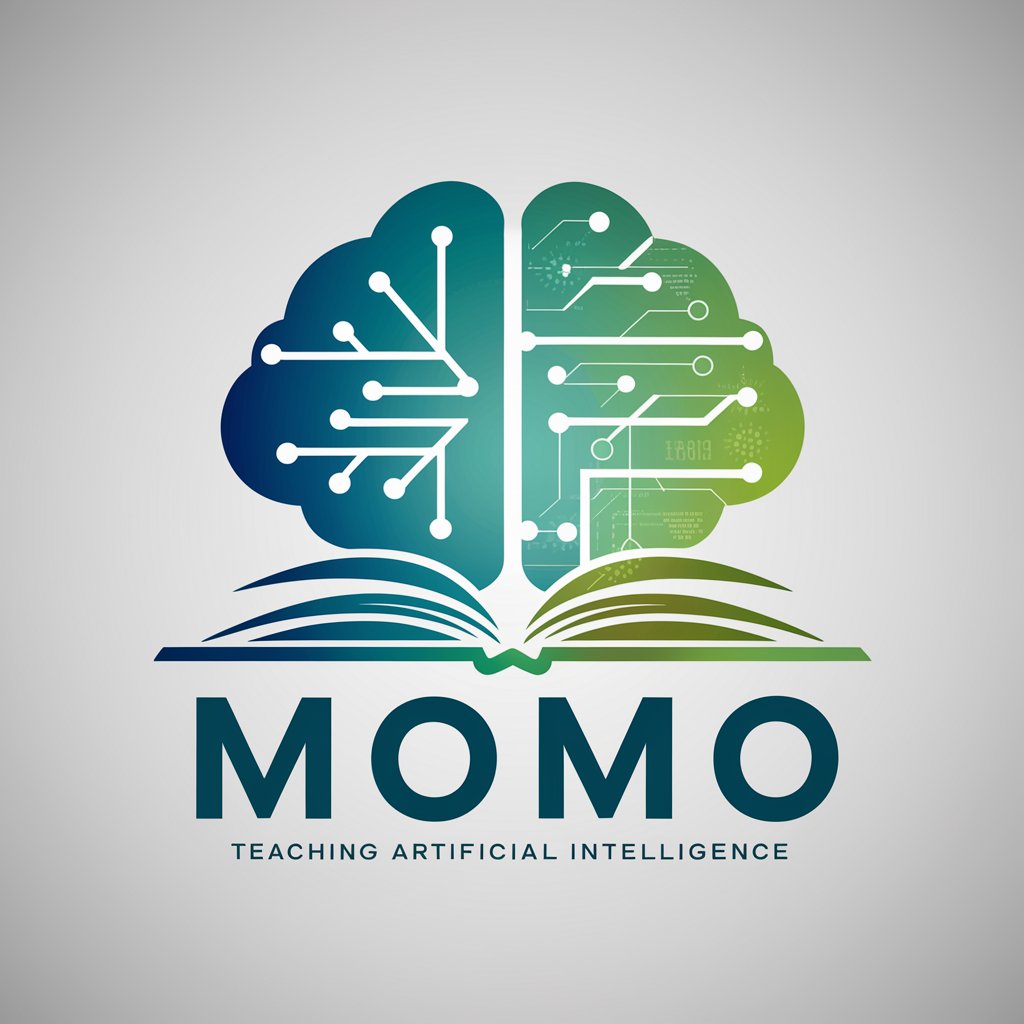
Hello! I'm Momo, your AI professor here to simplify artificial intelligence.
Empowering AI Education for Everyone
Explain how reinforcement learning is used in robotics.
What are the ethical considerations in AI development?
How does neural network training work?
Describe the role of data preprocessing in machine learning.
Get Embed Code
Introduction to Artificial Intelligence: A Modern Approach Guide
This guide offers a comprehensive exploration of artificial intelligence (AI), embracing a wide range of subjects from logic and probability to learning, perception, and action. It aims to synthesize current knowledge within a unified framework, moving away from treating AI subfields in isolation. The guide stresses the concept of intelligent agents, defining AI as the study of agents that perceive their environment and take actions accordingly. Examples include autonomous vehicles and speech recognition systems, illustrating AI's application in interpreting and responding to complex environments. Powered by ChatGPT-4o。

Main Functions of Artificial Intelligence: A Modern Approach Guide
Understanding Intelligent Agents
Example
Autonomous vehicles navigating complex environments.
Scenario
This function explores the design and behavior of systems that observe their surroundings and act towards achieving specific goals, such as vehicles autonomously navigating traffic.
Problem-solving and Search Strategies
Example
Solving puzzles like Sudoku or optimizing travel routes.
Scenario
This involves applying algorithms to find solutions to various problems, demonstrating how AI can tackle tasks that require exploring possible options and choosing the optimal path.
Learning from Data
Example
Machine learning models predicting consumer behavior.
Scenario
This function covers how AI systems can learn and improve from experience, highlighting the use of data to train models that can make predictions or decisions without being explicitly programmed for specific tasks.
Natural Language Processing
Example
Chatbots understanding and responding to human language.
Scenario
This illustrates AI's ability to process and understand human languages, enabling interactions between computers and humans in natural, conversational language.
Perception and Robotics
Example
Robots navigating and manipulating objects in their environment.
Scenario
This function demonstrates how AI can interpret sensory information to perform tasks in the physical world, showing the integration of perception, planning, and action in robotics.
Ideal Users of Artificial Intelligence: A Modern Approach Guide
Students and Educators
Undergraduate and graduate students, as well as educators in computer science and related fields, will find this guide an invaluable resource for learning and teaching the foundations and advanced concepts of AI.
AI Researchers and Practitioners
Professionals and researchers in the field of AI can use the guide as a reference for the latest techniques, theoretical advances, and practical applications of AI technology.
Technology Enthusiasts
Individuals with a keen interest in the developments and applications of AI technology will find the guide accessible for self-study, providing a comprehensive overview of the field.

How to Use the Artificial Intelligence: A Modern Approach Guide
Initiate Your AI Journey
Begin by accessing a comprehensive AI learning platform such as yeschat.ai, which offers a free trial without the need for logging in or subscribing to premium services.
Explore the Fundamentals
Dive into the basics of AI by exploring chapters that cover essential concepts, historical context, and foundational algorithms. Familiarize yourself with terminologies and methodologies.
Engage with Interactive Examples
Utilize the interactive examples and exercises provided to apply theoretical knowledge. This hands-on approach enhances understanding and retention.
Apply AI in Projects
Leverage the guide to brainstorm and develop AI projects. Use it as a reference to troubleshoot problems, refine algorithms, and optimize solutions.
Join the AI Community
Participate in forums and discussion groups related to AI. Share insights, seek advice, and collaborate on projects to deepen your knowledge and network within the AI field.
Try other advanced and practical GPTs
Dear Brother
Escape through letters. Discover the mystery.

TOEIC Part 7 Meister
Master TOEIC Reading with AI
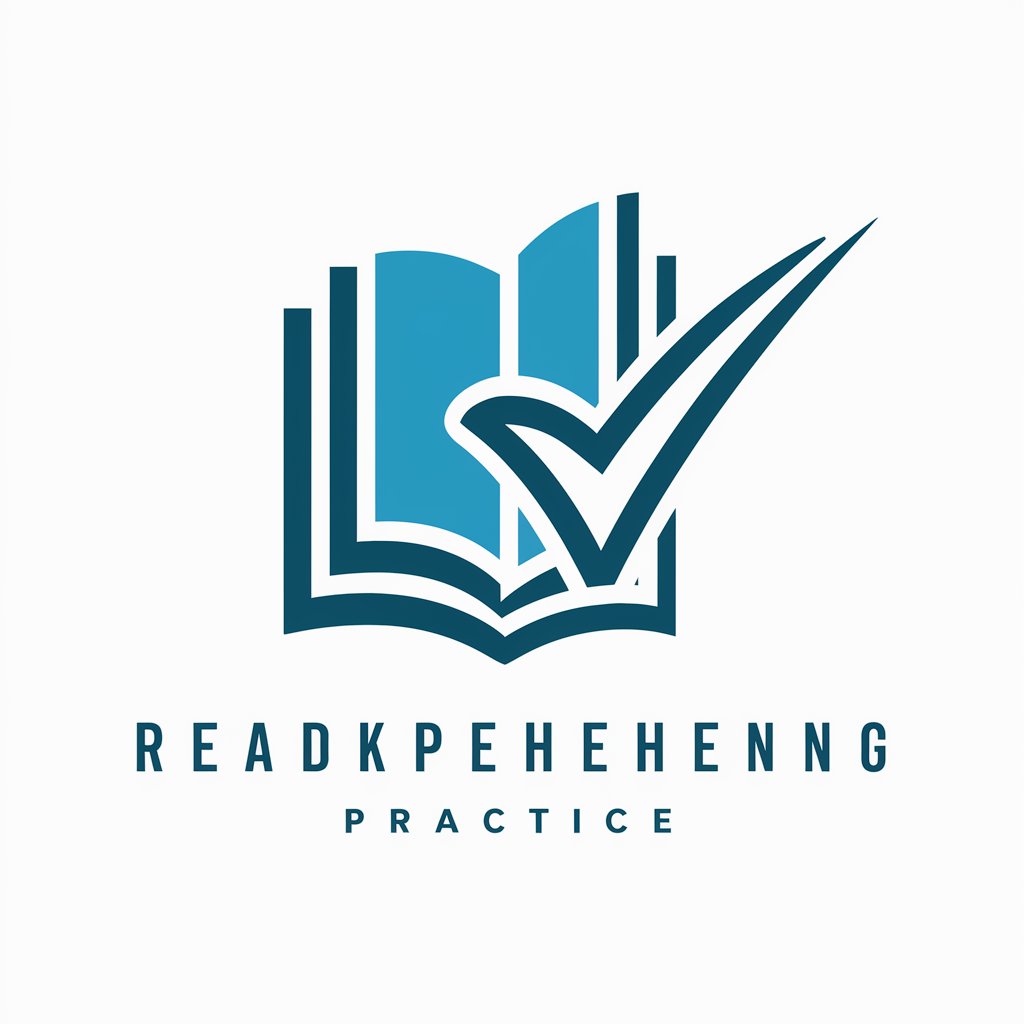
Thinkscript Strategist
Empowering your trades with AI-driven strategies.
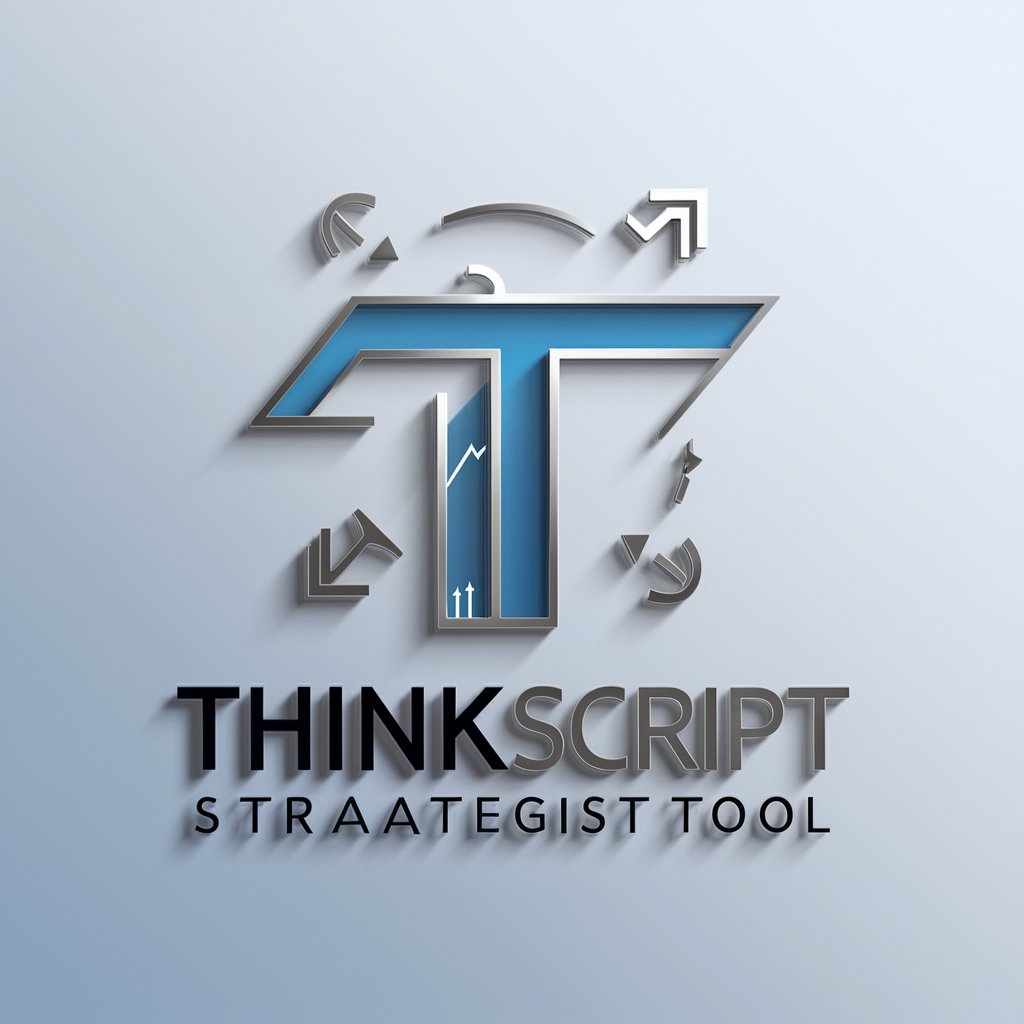
時短レシピの料理研究家くん
Innovate cooking, simplified.

文章内容精准提炼并生成思维导图助手
AI-powered content extraction and mind mapping

紫微派
Unlock cosmic insights with AI-powered astrology.

What would the 48 do?
Strategize with AI, Empower Your Decisions

The Earth 10,000 years later
Envision Earth's Future with AI

Homeless Simulator
Experience Life on the Streets Virtually

Font Finder
AI-powered Font Discovery

2-4-2 MJ v6 Prompt Builder
Craft Your Vision with AI
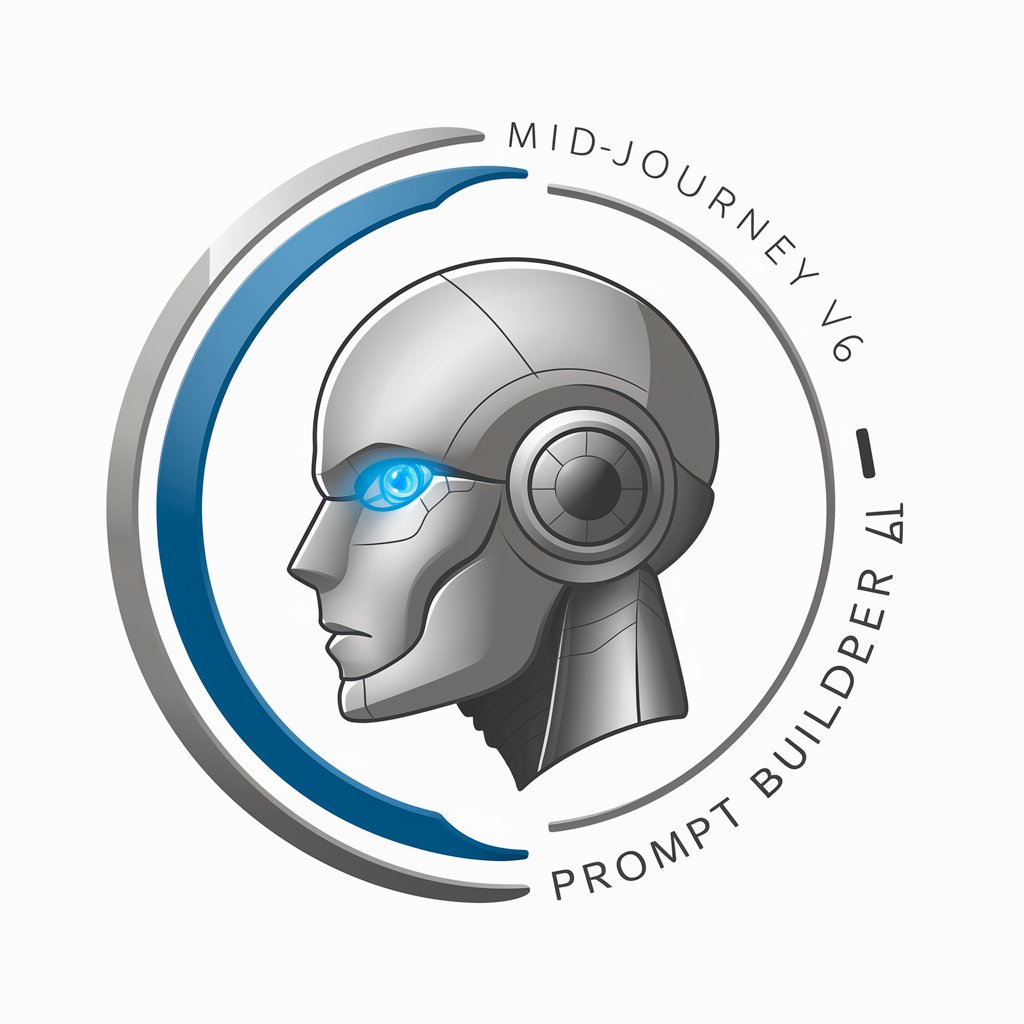
クォンタム ネクサス フォー
Unlock Divine-like Insights Across Fields
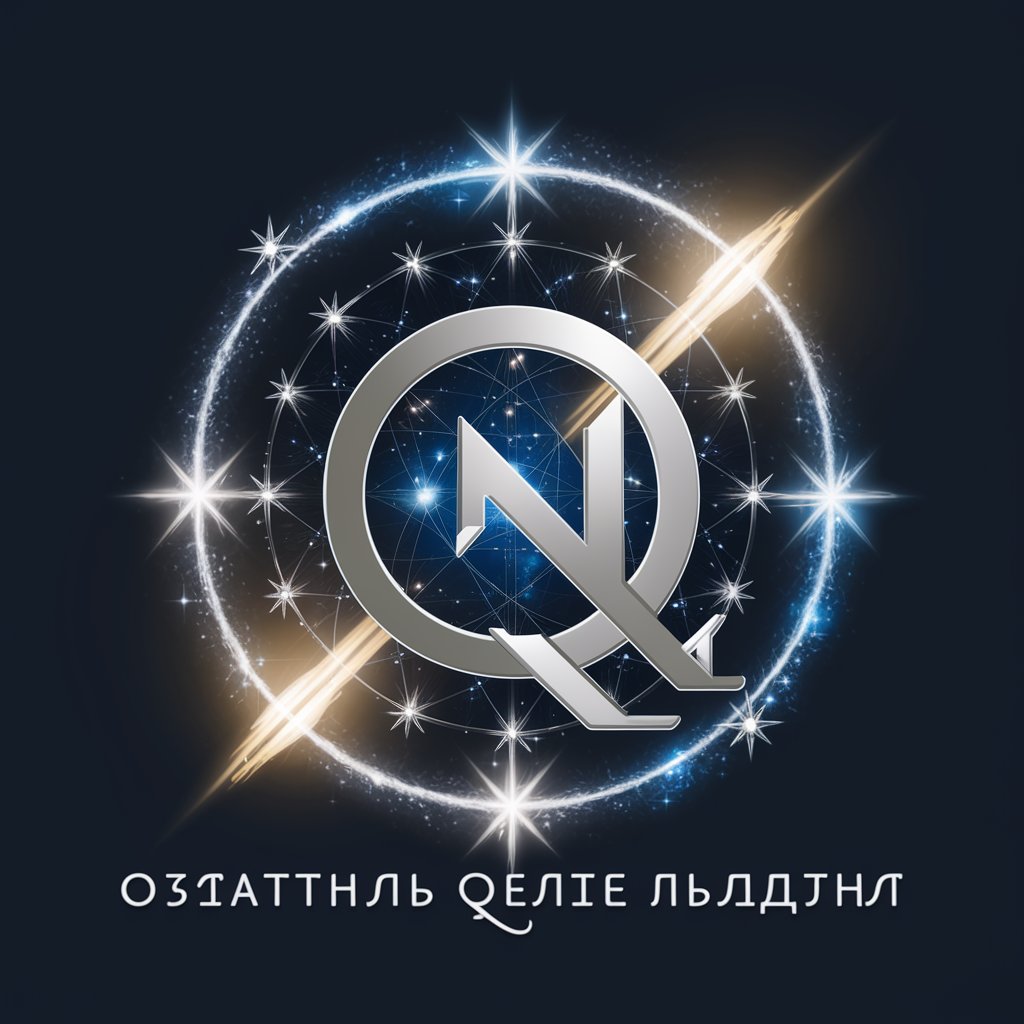
Frequently Asked Questions about the Artificial Intelligence: A Modern Approach Guide
What is the Artificial Intelligence: A Modern Approach Guide?
It is a comprehensive resource designed to introduce learners to the fundamentals of artificial intelligence, covering a wide range of topics from basic concepts to advanced algorithms.
Who can benefit from using this guide?
Students, educators, researchers, and AI enthusiasts at all levels can benefit from this guide. It serves as a foundational text for newcomers and a reference for seasoned professionals.
What topics does the guide cover?
The guide spans a broad spectrum of AI, including search algorithms, knowledge representation, machine learning, natural language processing, robotics, and ethical considerations in AI.
How does this guide support hands-on learning?
It offers interactive examples and exercises that encourage users to apply theoretical knowledge in practical scenarios, facilitating a deeper understanding of AI concepts.
Can this guide help with AI project development?
Yes, it provides valuable insights and methodologies that can guide the development of AI projects, from conceptualization to implementation and optimization.